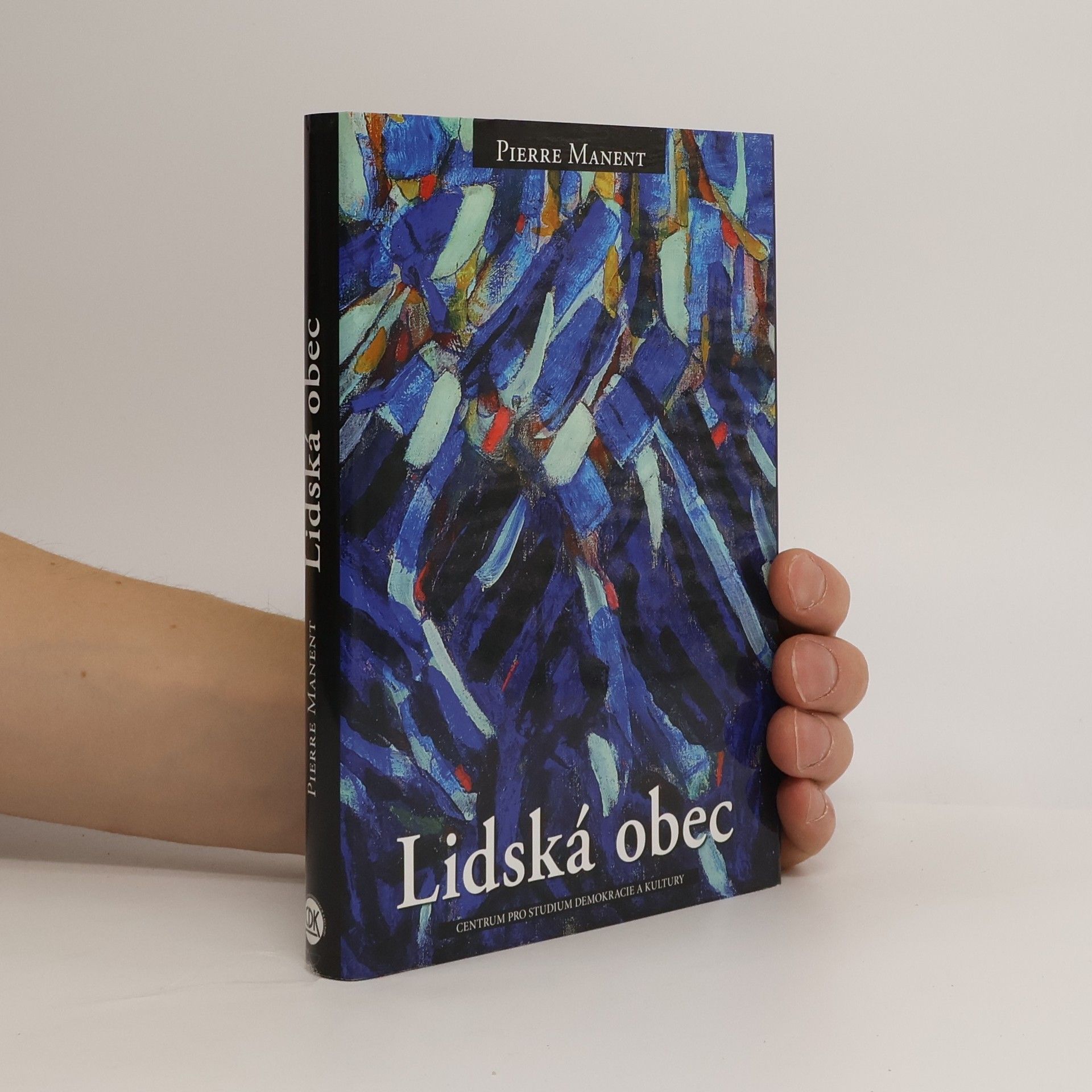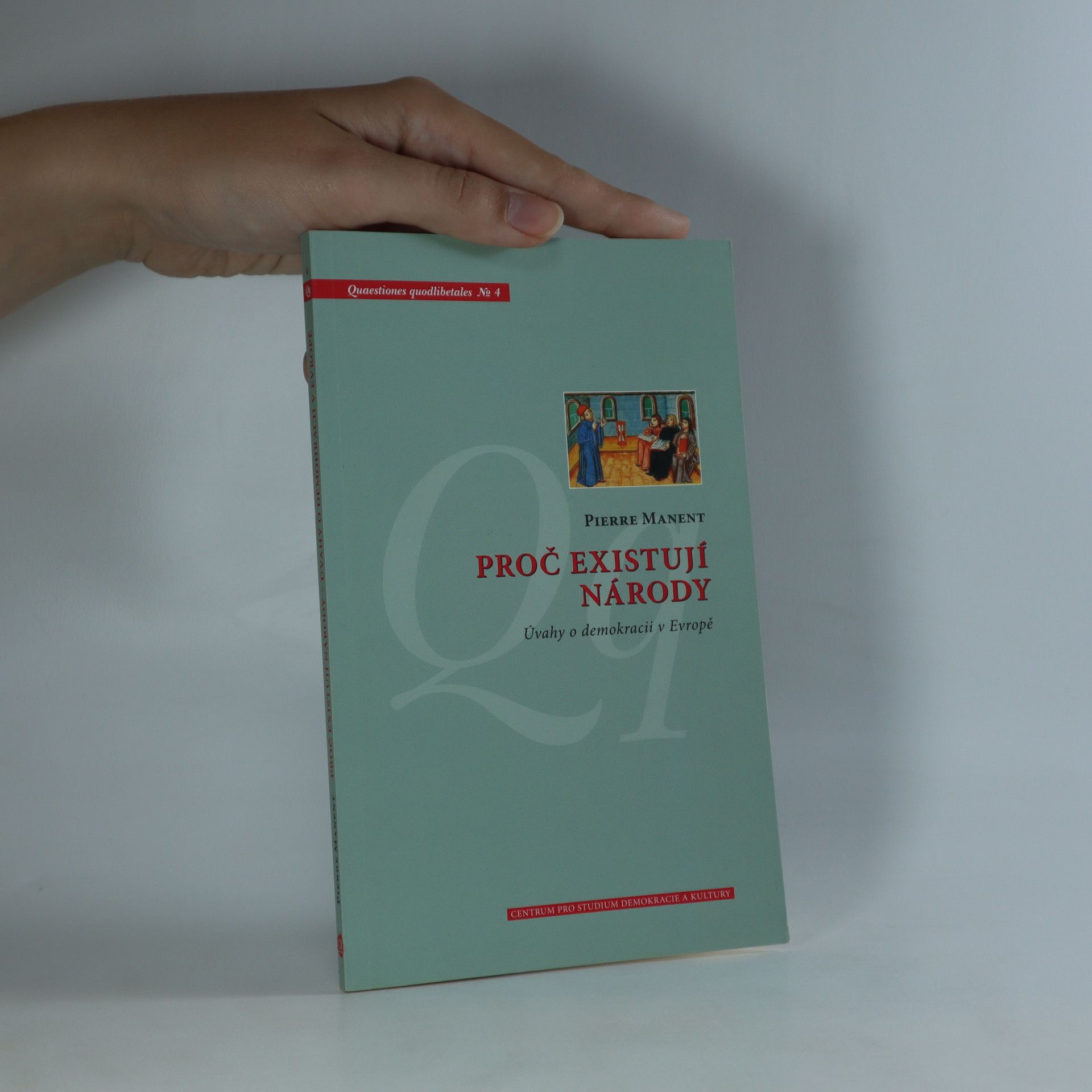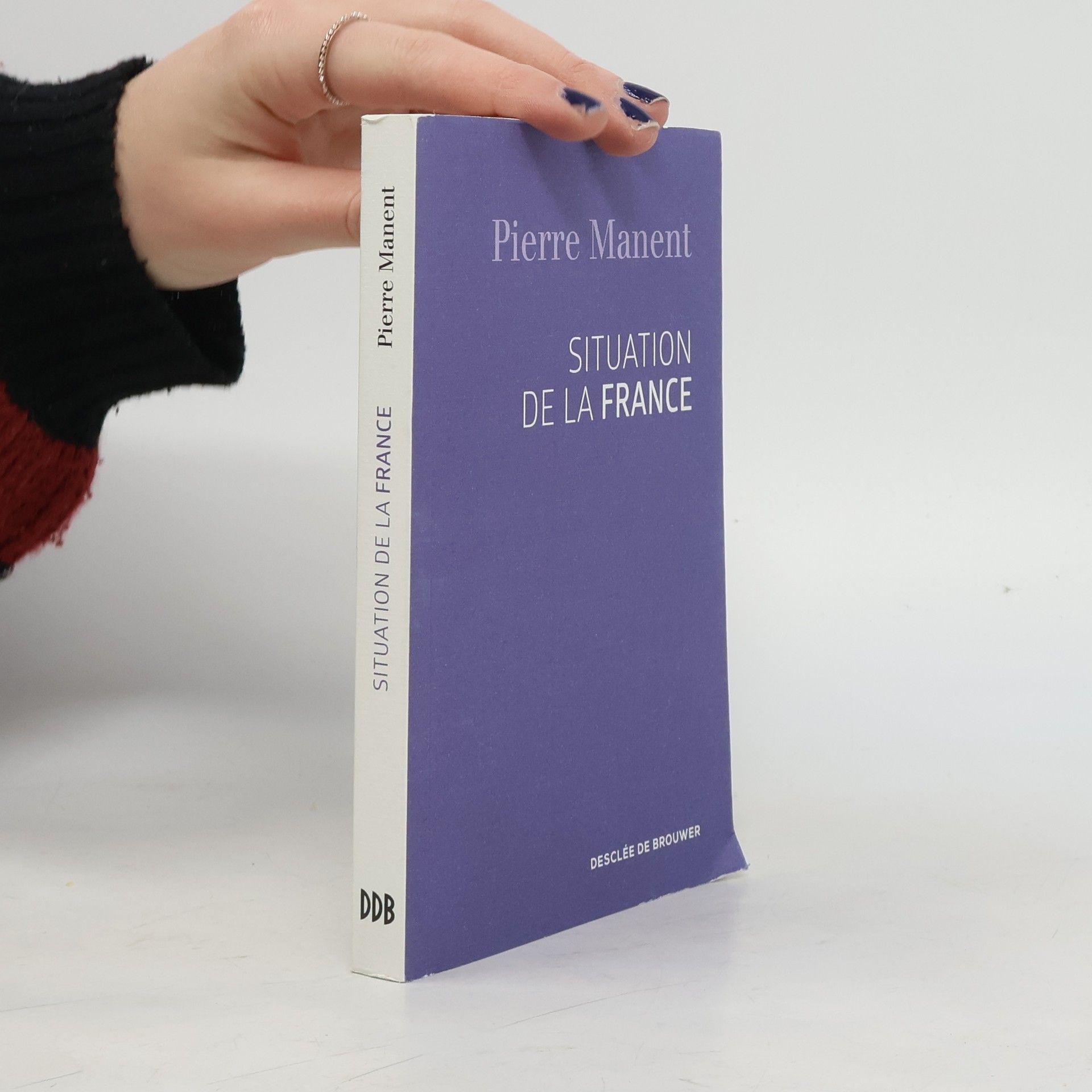The Tragedy of the Republic
- 38 páginas
- 2 horas de lectura
The essay explores contemporary crises by analyzing Shakespeare's Coriolanus and Julius Caesar, offering insights from a prominent figure in European political philosophy. Through this literary lens, the author examines themes of power, governance, and human conflict, connecting historical narratives to modern political challenges. The work provides a thoughtful critique of societal issues, making it relevant for those interested in the intersection of literature and political thought.



